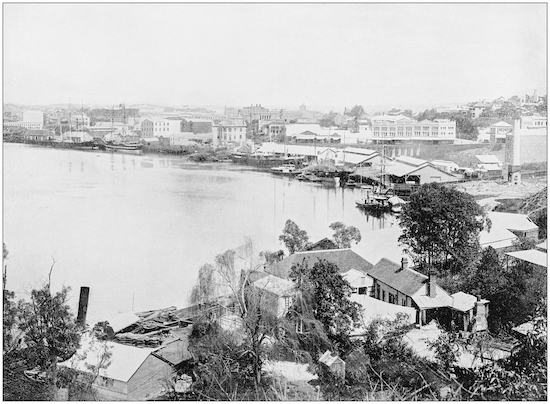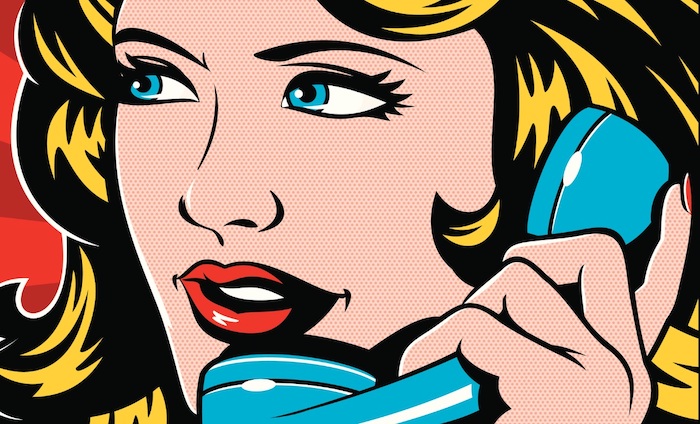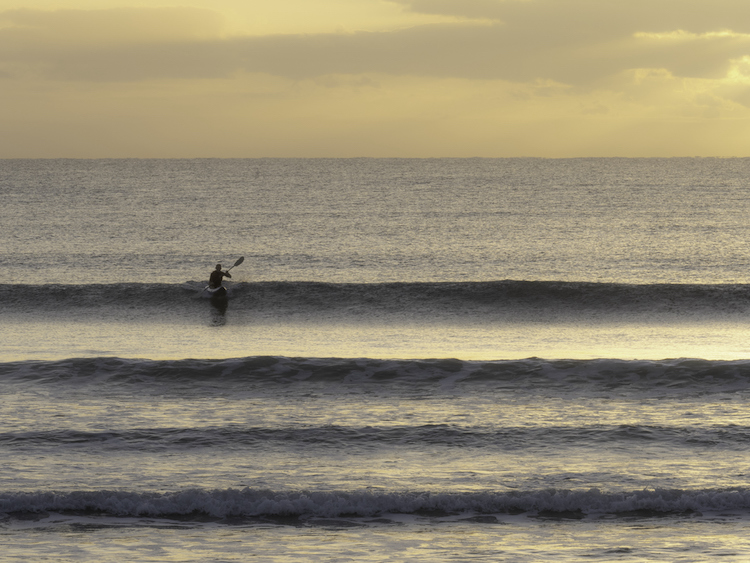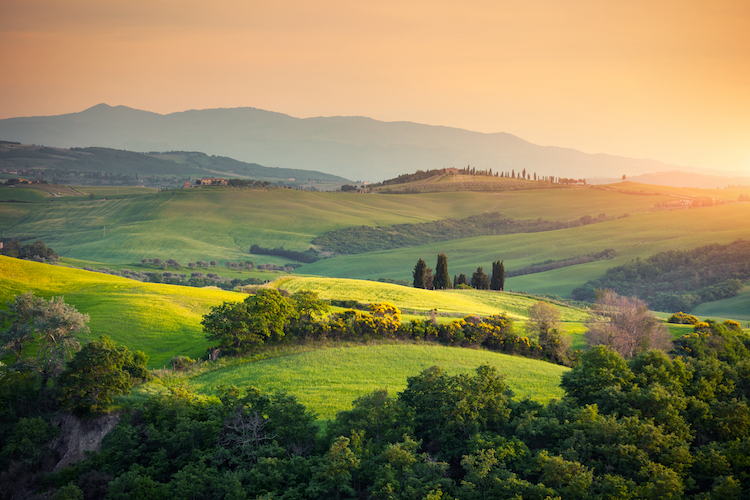Journal
Articles

Farming futures
The tempo of seasonal food production gives Mildura its seductive groove. The race is on to get food to market when prices are high and before it wilts and rots. But this race is only incidentally about food and mainly about finance. When markets fail or supply chains are disrupted, harvests are bitter. Watermelons, zucchinis and lettuces are ploughed back into the ground. Grapes are left hanging on vines, sitting in coolrooms and rotting in shipping containers grounded at ports.

The ship, the students, the chief and the children
The power of the fossil-fuel order depends on foreclosing any kind of political and institutional decisions that would see societies break free from the malignant clamp of coal, oil and gas corporations. This power also depends on eliding alternative ways of seeing. In one sense, the whole of the political struggle against climate change can be understood as an effort to make corporate and political decision-makers see, such that they are required to act.

Walking through the mou(r)n(ing of a)tain(ted life)
My big black cloak could probably keep me from freezing overnight. I remember a movie where a character smeared a layer of dirt over their body to stay warm. That would be my ‘break in case of emergency’ action…if my OCD will bury the anxiety of contamination for survival’s sake.

Always was, always will be
If Aboriginal people are all dead, you don’t have to negotiate a treaty with us and you certainly don’t have to go around feeling guilty about stolen land and stolen wages and stolen children; the subjects of that injustice don’t exist anymore if you choose to believe that we’re dead or all assimilated, which isn’t the case. It’s a very practical kind of assimilation strategy.

The sentimentalist
I’ve positioned myself as somebody who’s constantly going through the trash of yesteryear with my raccoon paws and saying, ‘Wasn’t it grand?’ I think it’s more that I’m drawn to things I misunderstood rather than things that are just old, and I’m also interested in diagnosing the culture through what we loved, what we made and what we despised. It’s becoming much more clear to me the older I get.

Escaping the frame
All my work as a writer and activist over the last fifty years has comprised various attempts at what I call ‘escaping the frame of European colonisation, European story and European ways of telling story’.

Lines of beauty
I studied printmaking because in the mid-’90s there wasn’t so much exciting painting happening in QCA studios, but also because I really wanted to learn new processes for my undergrad and, like most artists, I’d always painted. Painting had fallen out of fashion, and everyone was making installation, then photography and film – the new digital world reigned supreme for a decade. Now it’s all about painting.

The kiss
With ears plugged and eyes closed, she felt safer. The sensations that did reach her were muted: the melodic ring of the seatbelt light being switched off, the rattle of the dinner trolley, the smell of food being warmed in microwave ovens – a heady aroma reminiscent of canned soup and sausage rolls. But above it all she heard something else. The rumble of a voice – low, male, foreign.American.

The green gold grassy hills
I’d missed her fiftieth birthday party the year before due to the usual restrictions of time and money. But as I stood at the window scrubbing vegetables, I wondered what had been so important that I hadn’t been able to make an exception for someone to whom a year could be a lifetime. Under-eights soccer game? Kids’ sleepover? But my partner could have done that on their own, couldn’t they?

Lost decade
We were given a list of verified addresses that we could pick from: Leonardo DiCaprio, Quentin Tarantino, Taylor Swift. I began my tours at Las Palmas hotel, where Richard Gere climbs the fire escape in Pretty Woman. Then I drove up Highland, past the church where Sister Act was filmed, and into the hills. The passengers were sunscreened and hopeful, leaning to the windows. My passengers, I reminded myself. I hadn’t even seen Pretty Woman then.

Apocalypse, then?
Writing took almost everything from me. Most afternoons, I’d arrive home from teaching classrooms of uninterested students, have a little Henry time, defrost a ready-to-eat supermarket meal, open a bottle of shiraz and write until midnight. Most weekends, I’d start writing once the hangover wore off, break for lunch, and then write again until dinner. It wasn’t just punishing on my physical health, it ruined my relationships, most recently with Greg, who said I’d die miserable and alone if I maintained my grim routine. And for what? The occasional acceptance from an obscure journal read by twelve other short-story writers?
In the Dollhouse
I don’t remember my Barbies, but Mother once told me I had twist-popped their limbs off. I do recall this one doll...